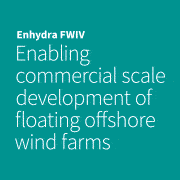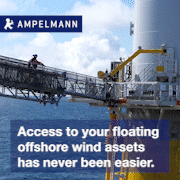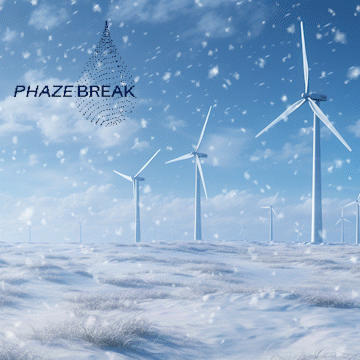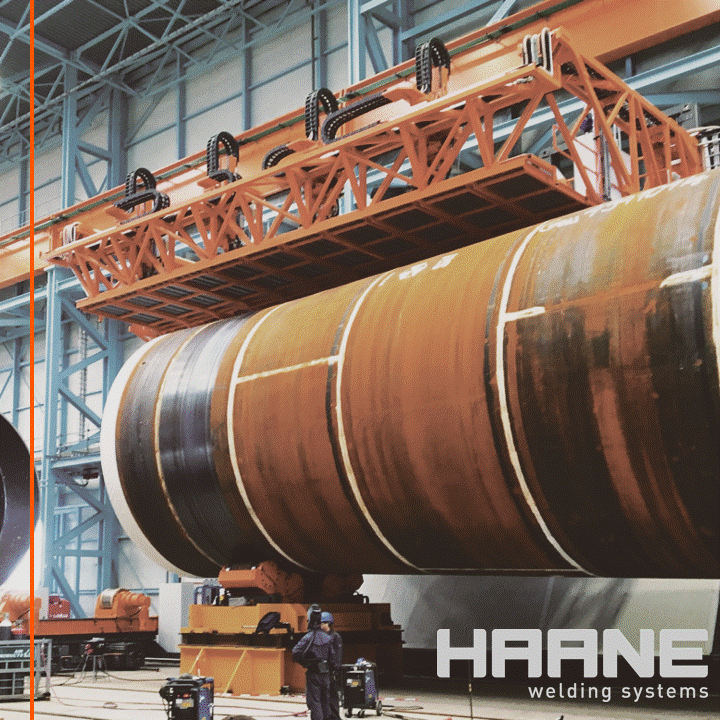With the number of European wind farms set to grow, a new EU strategy outlines how these installations can operate in economic and environmental harmony. PES presents all the salient points.
The rapid expansion of wind farm installations in the coming years will bring many benefits to society, not least in reducing greenhouse gases. In addition to the reduction of greenhouse gases, wind power helps economies to reduce energy dependency and their exposure to volatile or high fuel and carbon costs. Wind power is also a source of employment creation, technology development, social cohesion and exports.
But, like all developments, this expansion needs to be in balance with other broader social, economic and environmental concerns to ensure it grows in a sustainable manner and is publicly acceptable.
There are still a number of hurdles to overcome in order for wind energy to play a role that is commensurate to its potential. Amongst others, this means ensuring better access to the electricity grid, removing administrative barriers to the use of renewable energy over other more traditional forms of energy, and improving the technology, especially for offshore developments.
From a social perspective, apprehensions over wind farm developments vary significantly and will need to be addressed on a case by case basis to ensure that local interests are properly considered. Typical concerns include the potential level of noise generated by wind farms, visual impacts, issues of safety, effects on the landscape, archaeology, heritage, as well as possible interference with aviation or shipping navigation etc…






























